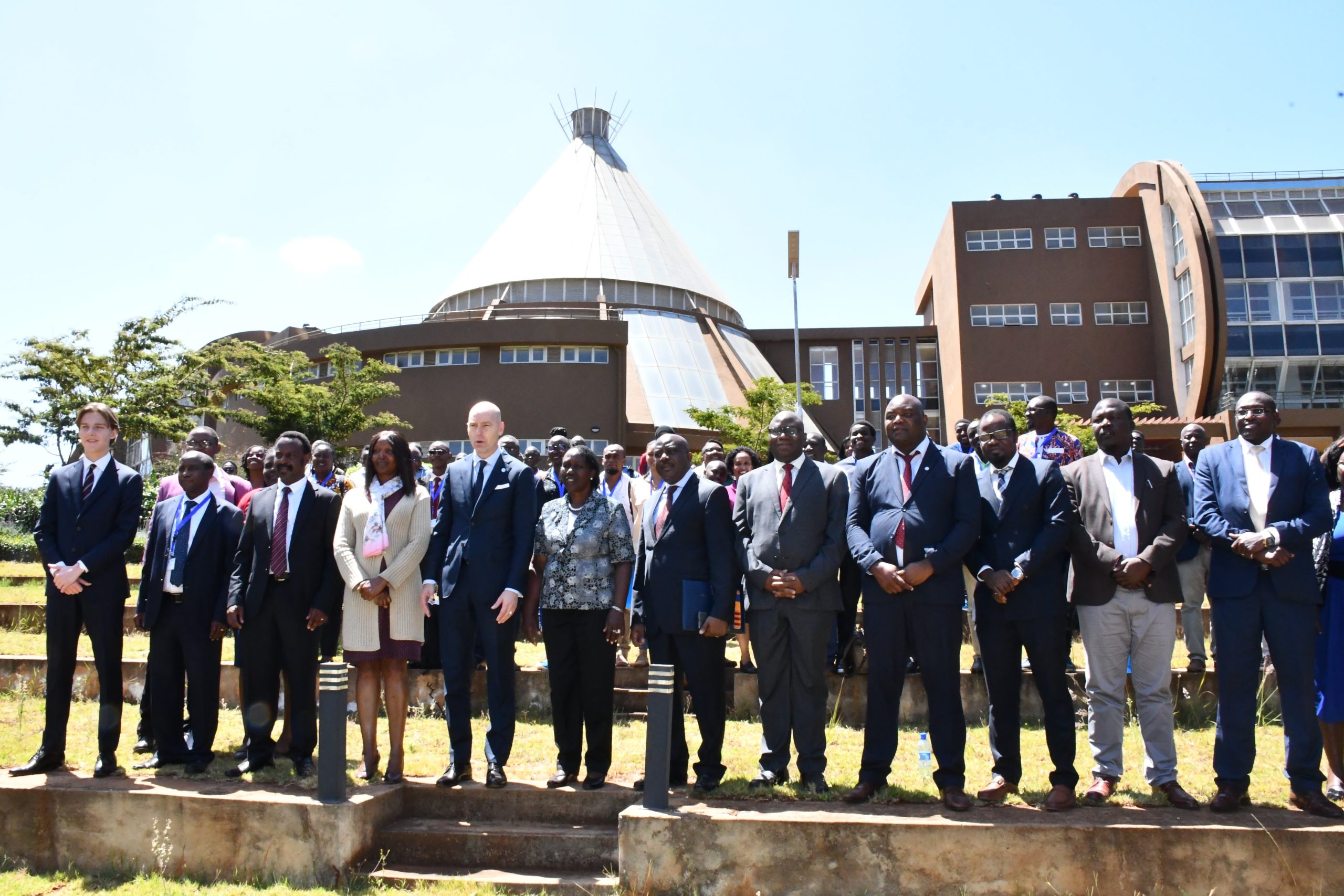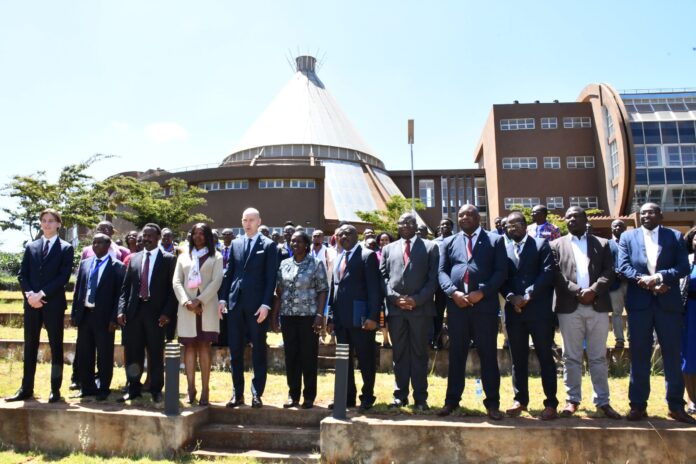|
Getting your Trinity Audio player ready...
|
By Lenah Bosibori
Nairobi, Kenya: The International community has urged Kenya to adapt and invest more in irrigation, dams, and drought-tolerant crops to mitigate the effects of climate change noting that the cost of not investing in climate adaptation could be higher
Speaking during a regional forum on the future of resilient food systems in Africa in Nairobi, Prof Patrick Verkooijen Chief Executive Officer Global Center on Adaptation (GCA) said Kenya needs an agriculture sector that is prone to address shocks of climate change
“As the Global Adaptation Accelerator, we will provide the international financial resources to complement the domestic resources here in Kenya and scale up the solutions,” said Verkooijen.
According to Verkooijen, Africa as a whole needs the international community to mobilize $15 billion annually to support its climate adaptation efforts.
“A year and a half ago, leaders of the international community promised to double adaptation finance for Africa. However, with global shocks such as the war in Ukraine and Covid 19 it has become increasingly difficult to fulfill this promise,” adds Verkooijen.
GCA is an international organization that works as a solutions broker to accelerate action and support for adaptation solutions from the international to the local in partnership with the private and the public sector.

“Climate adaptation is not just a global issue but also a local one. That’s why Global Adaptation Accelerator and the University of Nairobi are working together to find solutions,” adds Verkooijen.
Apart from adaptation technology has played a key role in providing information to smallholder farmers in rural areas. “Farmers are using their smartphones to know when the long rains come and when to plant, harvest and to learn on the market price,” adds Verkooijen,
The Global Adaptation Accelerator works in collaboration with the African Development Bank, World Bank, and other international organizations to ensure that each development project is implemented successfully.
The University of Nairobi has received about $4 million to research climate-resilient infrastructure in Kenya and has other partners who have funded them to find solutions for climate adaptation in communities.
“We have a full range of support systems that focus on the entire value chain, from community mobilization to seeking solutions and utilizing indigenous knowledge. This enables communities to co-create and find solutions on their own and then escalate them to the national level,” said Prof Margaret Jesang the Deputy Vice Chancellor of the University of Nairobi.
Africa contributes less than three percent of greenhouse gas emissions the least to the climate crisis but at the same time suffers the brunt of the consequences.
“The world has promised to support the African continent with financial resources to support the agriculture sector, the infrastructure sector, youth and jobs and employment creation to become climate resilient,” adds Jesang.














